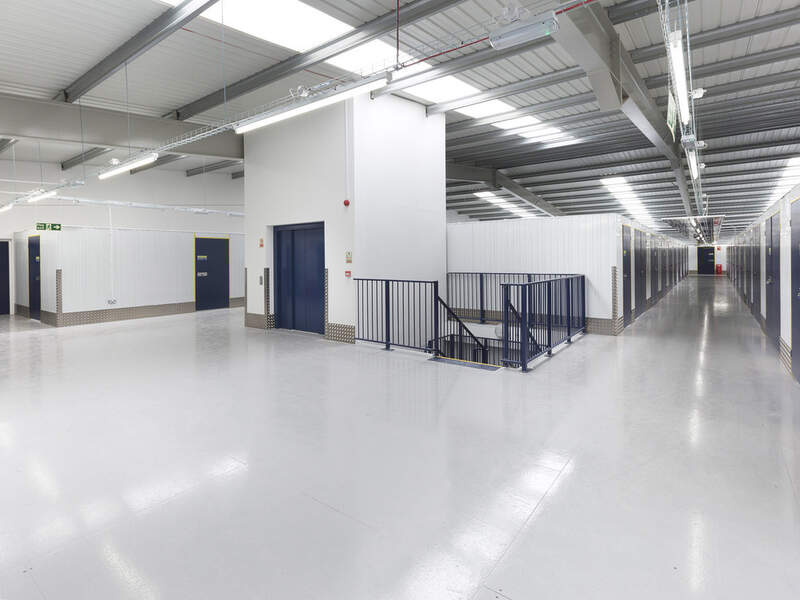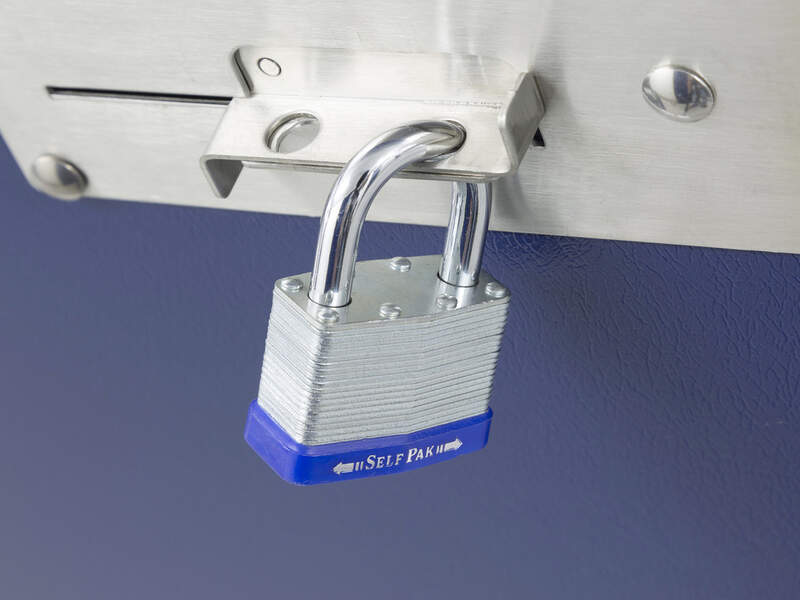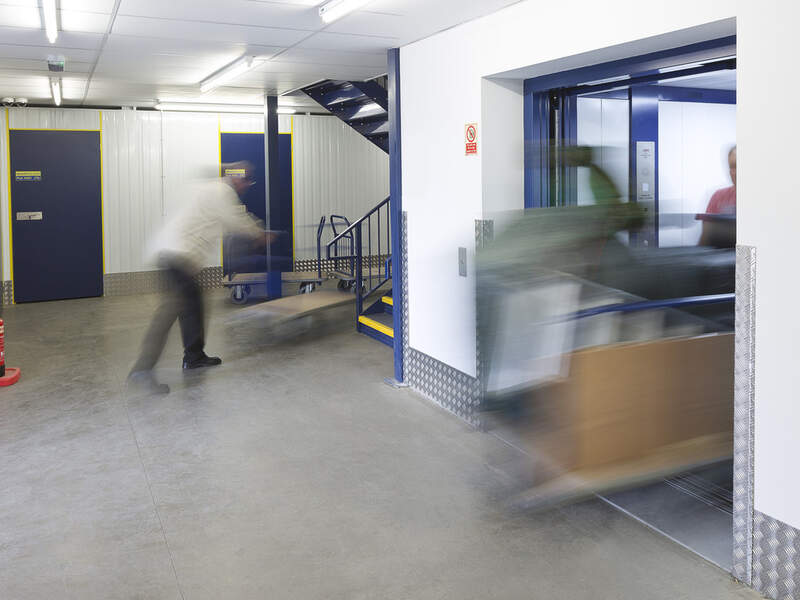How to save space storing books

How should I store my books?
With World Book Day taking place on March the 2nd, we thought it would be a good time to take a look at two of the questions we get asked most regularly at our self-storage centres: how should I store my books? And, how do I save space storing books?
Many book lovers have more books than they have space for bookshelves, which leaves them with something of a conundrum when it comes to where and how to store them. So, we’ve put together our top tips for how and where to store your books safely.
Ideally, books should be stored in a cool, dry place, that is pest free and not subject to regular changes in temperature.
If for example, books are stored in a place that is subject to lots of humidity, then mould can grow and will cause untold damage. Also, don’t wrap books in plastic wraps or foil, as this will further encourage mould to grow.
Store books in plastic boxes
If, like me (and a lot of our customers), you have more books than you know what to do with, one of the best places to store them can be plastic boxes. Preferably opaque ones, with lids, that will stop light from getting to the books and damaging them. Plastic boxes will also protect your books from rodents if you are storing them in a garage or garden shed, and are easy to stack in out of the way places. If you don’t need to get to your books very often, then plastic boxes can be a good option.
Where should I store my boxes full of books?
Once you’ve filled numerous plastic boxes with books, the next question is often one of where to put the boxes.
If you’re prepared to think outside the box (and forgive the terrible pun) then you’ll have no problem finding somewhere to put them. Try to make sure that they stay indoors, if you can.
- Stick boxes filled with books under beds.
- Or at the back of cupboards – under the stairs, in the hallway, at the back of wardrobes.
- If you have a basement, which is dry and damp-free, why not make the most of the space by storing your boxes of books in it?
- Try not to store your books in garages (unless the garage is fairly weather-proof, or attached to the house and is subject to the joy of your central heating – this can be ok), sheds, or attic spaces. Places like this can be subject to regular and drastic swings in temperature, which can ruin the binding and paper on your books.
- If you fill the options above that you have access to and still need space, why not consider renting some storage space for your remaining boxes of books? Storage centres can be a cost effective and reliable alternative to your own home, and give you the option to de-clutter some of your other stuff, too.
Why is humidity bad for my books?
If your books are stored in very hot, damp places, they can start to warp and mould. If you can, try to keep the humidity lower than 25%. Good circulation of dry air is good for books.
Anything lower than 50-60% humidity should be ok for most books, but if you have books that are old, rare, valuable, or even all three, then try to keep the humidity levels as low as possible.
Keep books away from direct heat
If you store your books too close to heating vents, radiators, the backs of appliances that emit large amounts of heat or other sources of direct heat, your books can warp and the glue in the bindings can start to melt or crack.
To protect the books, try to store them in relatively cool places. A room temperature of 20-30 degrees Celsius is generally fine.
Don’t expose your books to direct sunlight
Prolonged exposure to direct sunlight will bleach the exposed sections of your books and can damage the binding and dry out the pages, making them stiff and brittle. If your books aren’t in opaque boxes, and thus protected from sunlight, try to ensure that the shelves they are on don’t receive large and prolonged amounts of sunlight. Try to store books in rooms with blinds over the windows, where possible.
Store books flat or upright
Where possible, books should be stored upright or flat on their backs, to optimise their condition. Books are designed to be stored vertically. Storing them this way will keep the structural integrity of the book and enable you to read the spine when you want to find one.
Never store books with their pages pointing downwards, this will cause the spine to crack, the pages to splay and damage the book – affecting its lifespan.
Protect books from bookworms
This doesn’t mean keep them away from voracious readers; although I have been known to fall asleep reading and wake up with a book which has fallen awkwardly, been slept on, and never fully recovered.
What I mean by this, is that certain types of glue and paper used in books can be an attractive proposition for various insects: silverfish, beetles, cockroaches amongst them.
In most conditions in the UK, these shouldn’t be a worry, but try to avoid food and crumbs in your books and book storage rooms to minimise the attraction for these creatures.
If you have a bit more space, and fancy some quirky ideas and book storage hacks you can use around your house
Remember, if you do run out of space, you can save space storing books at Store First - think of it as an extension of your home (with added benefits like free pickup and free WiFi in all centres). Get a quick price or contact your local centre to find out how we can help alleviate your storage struggles.



































































































































































































